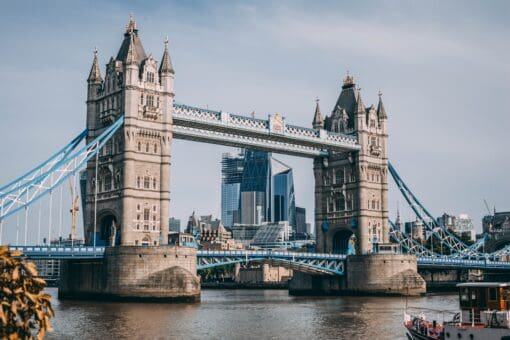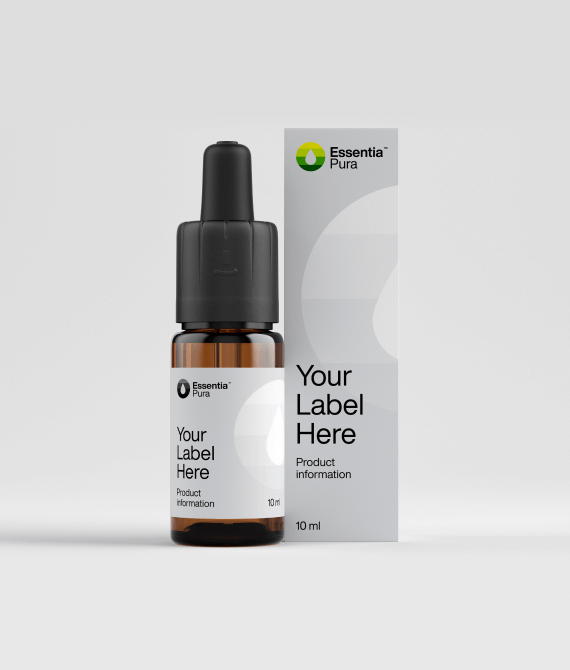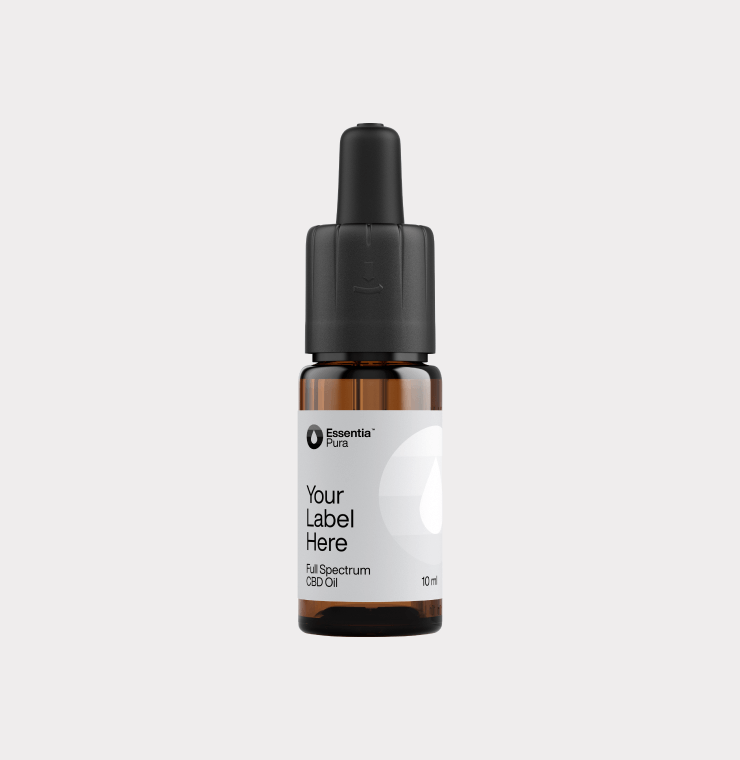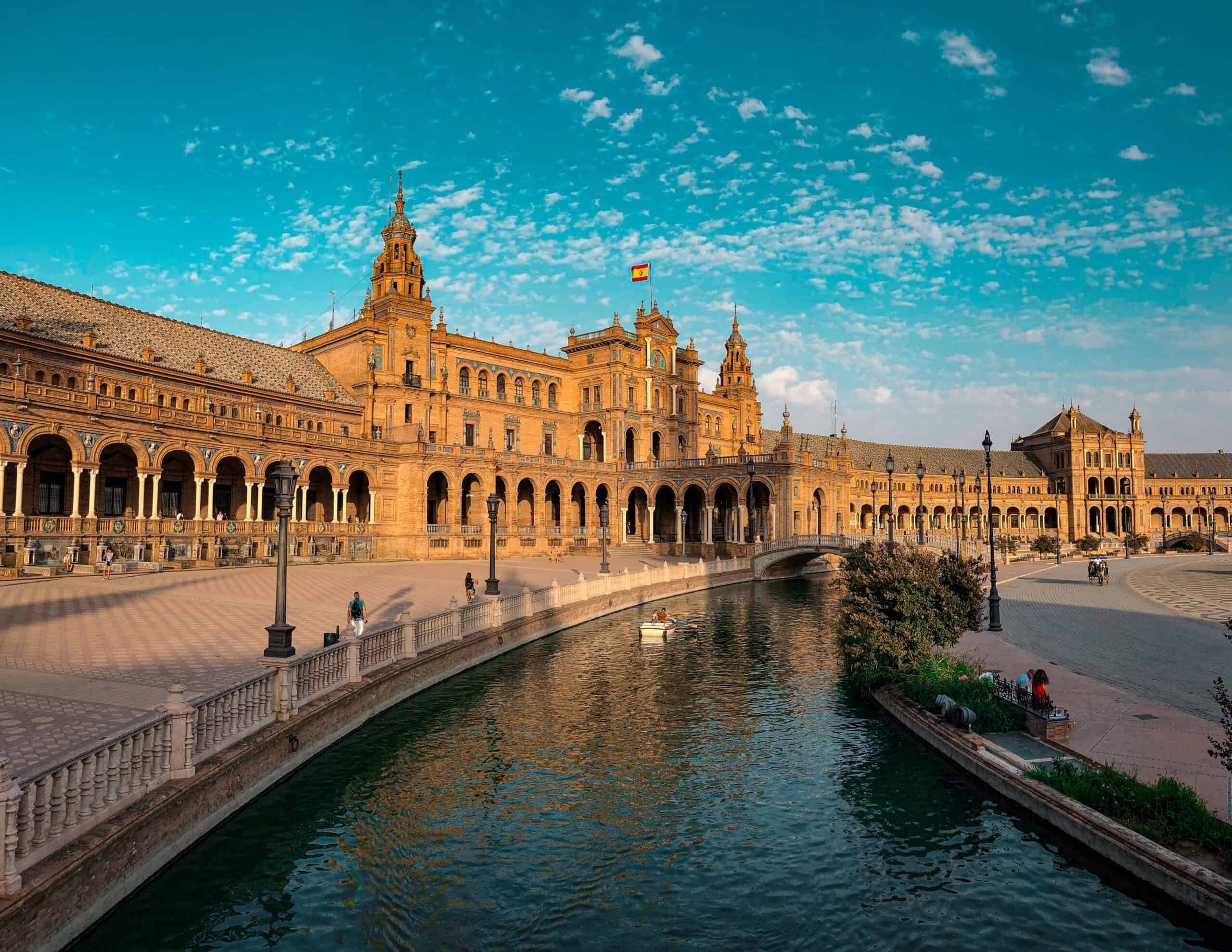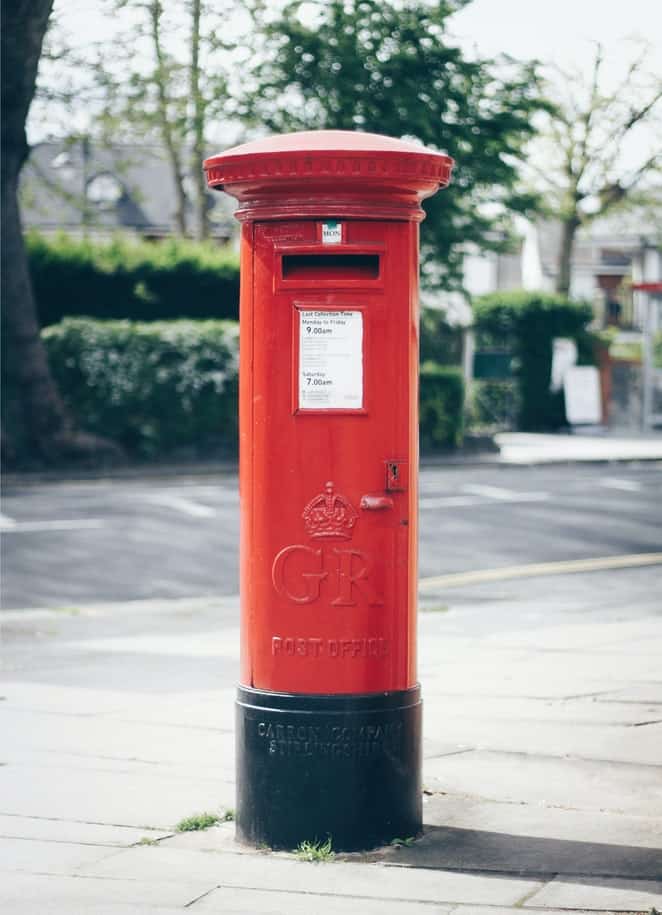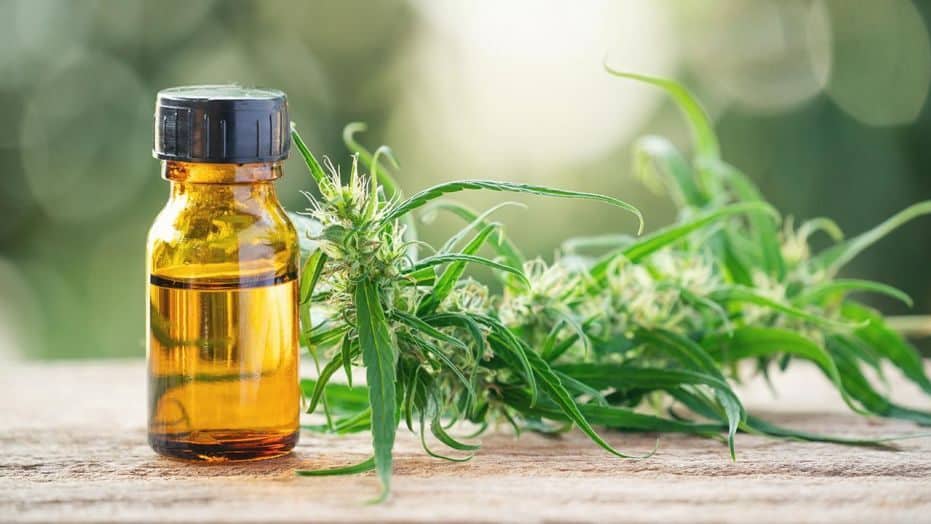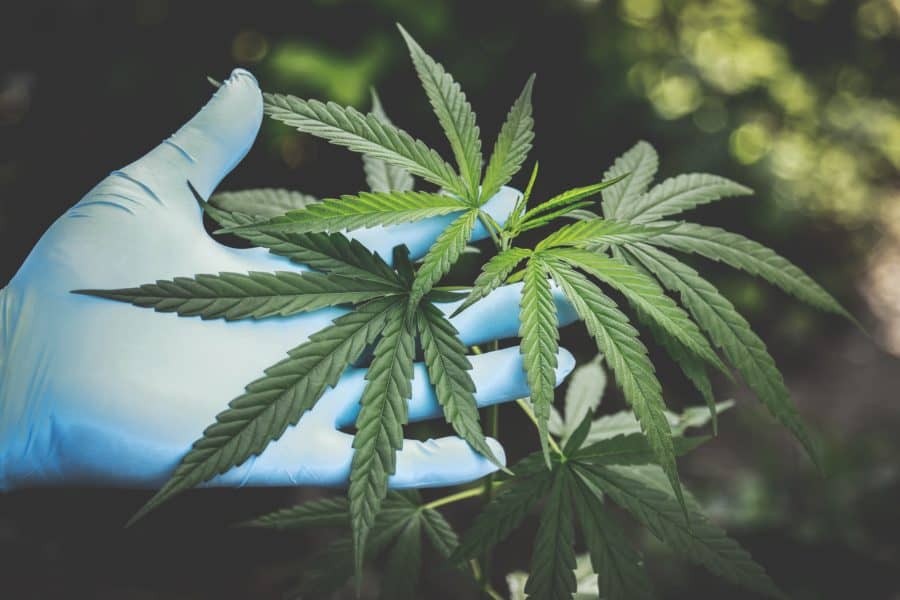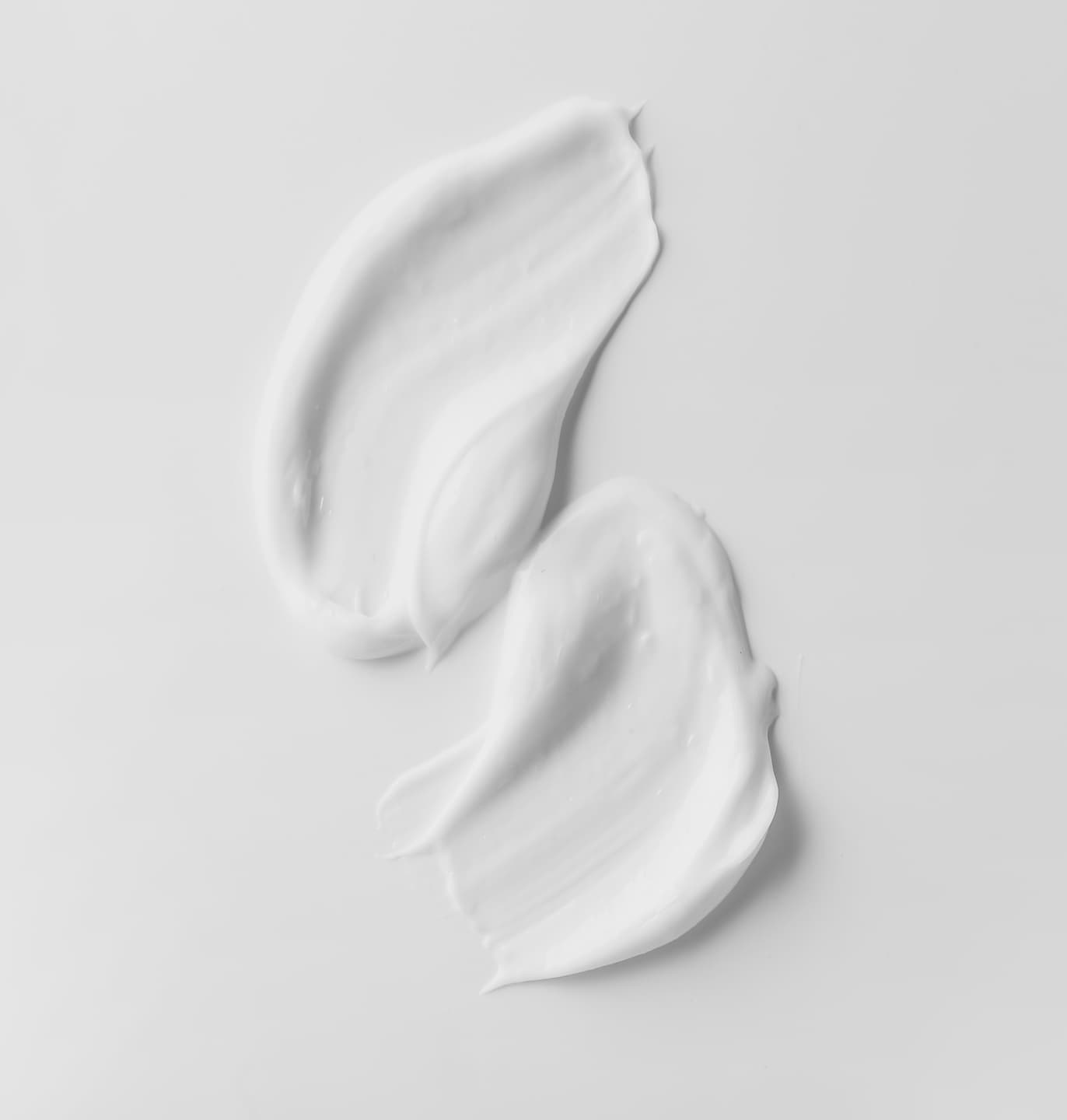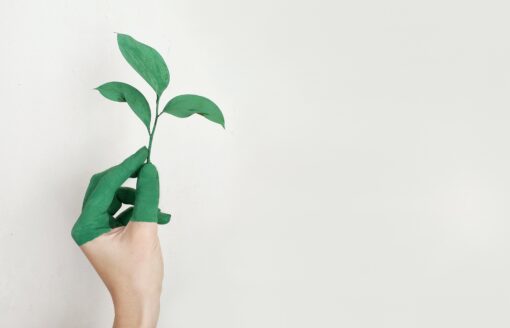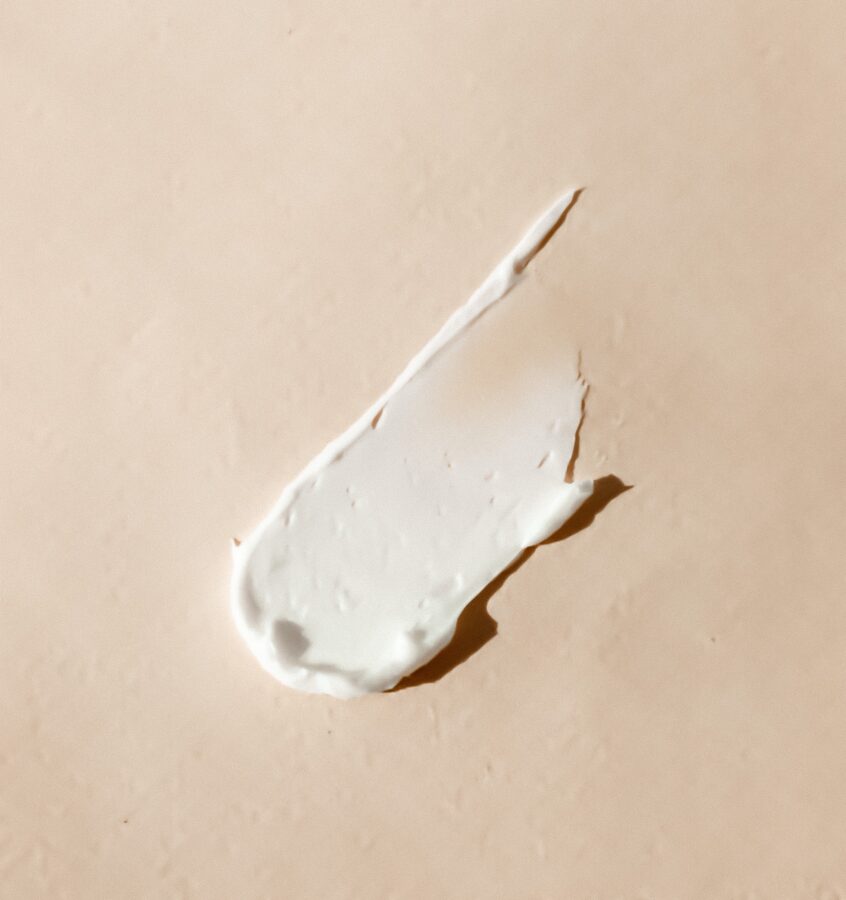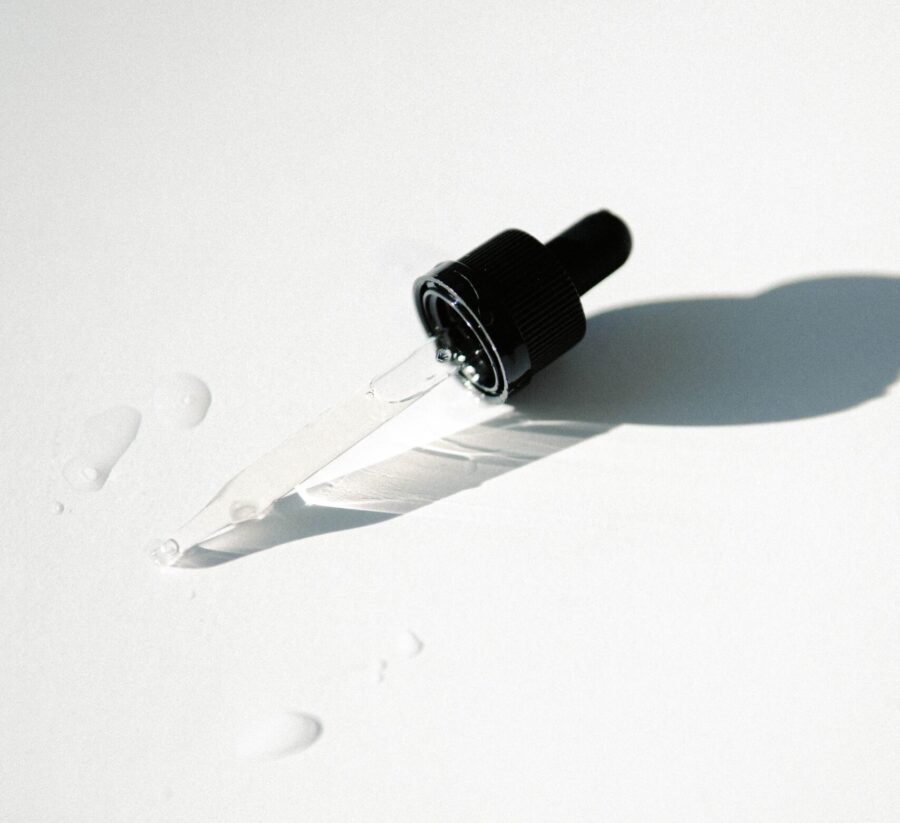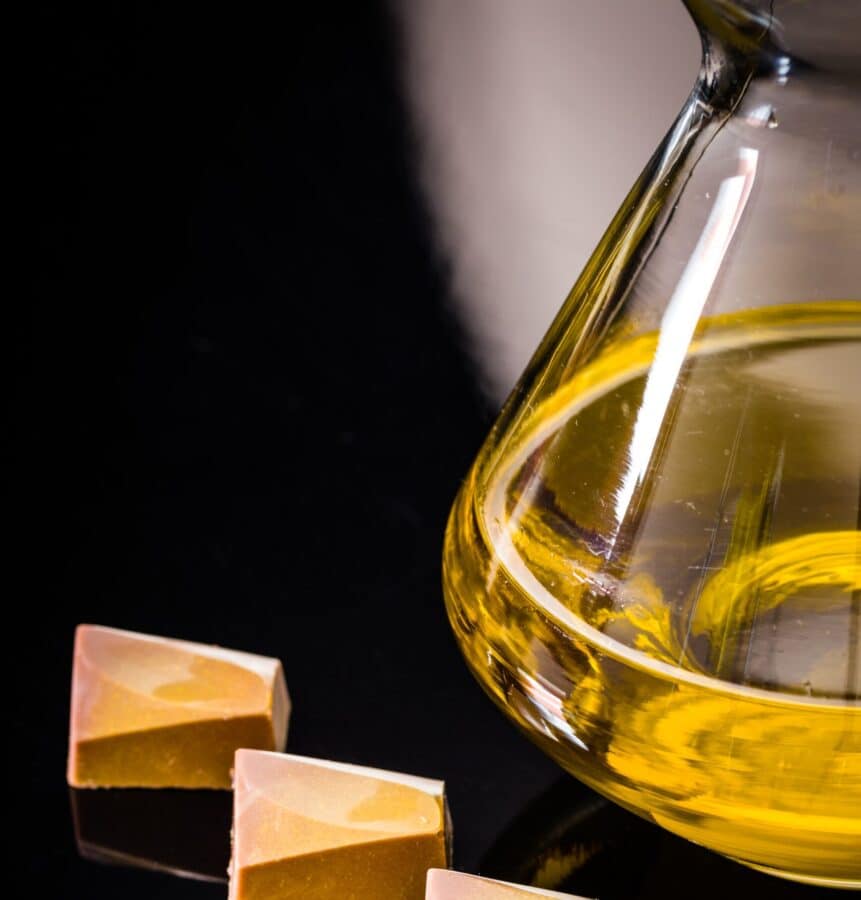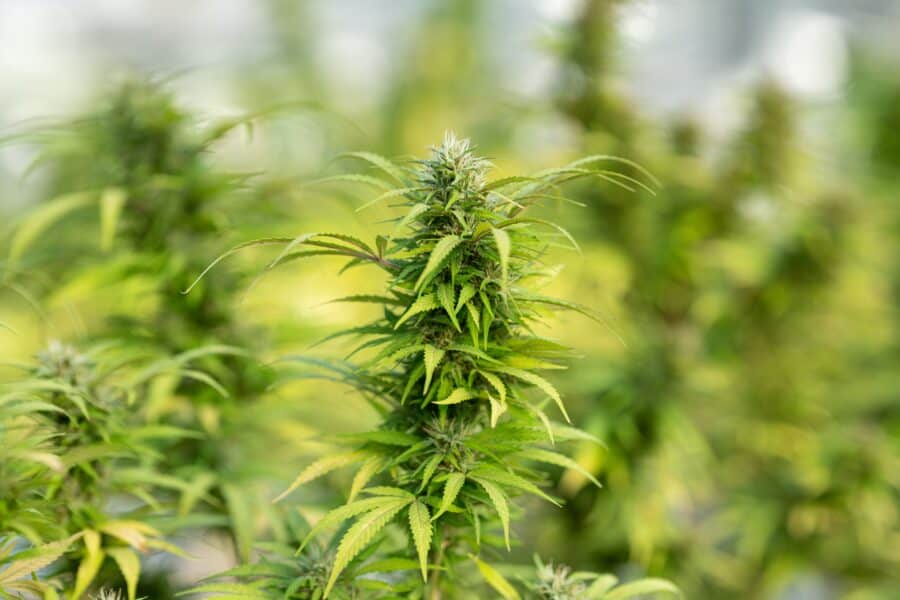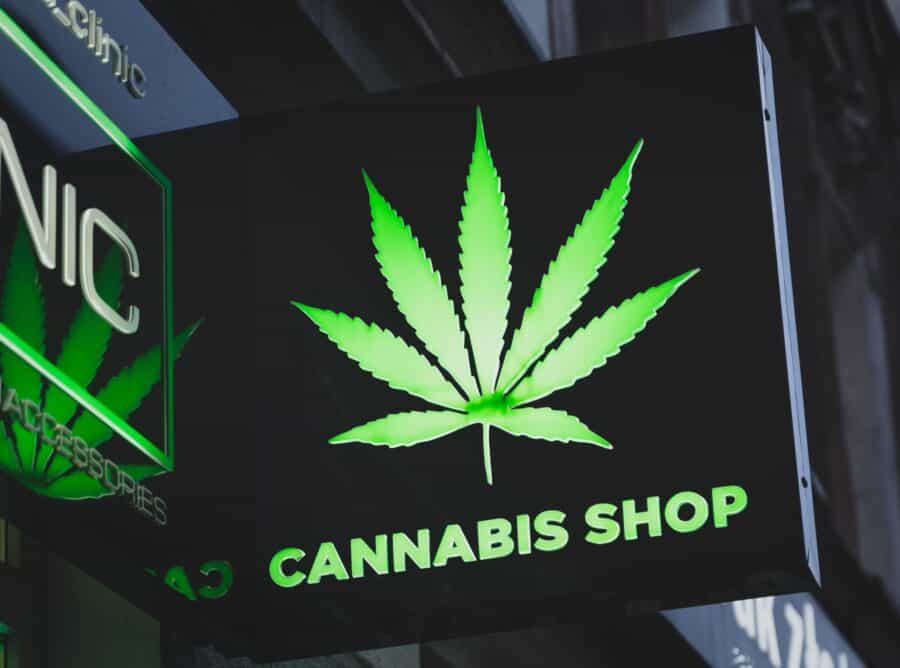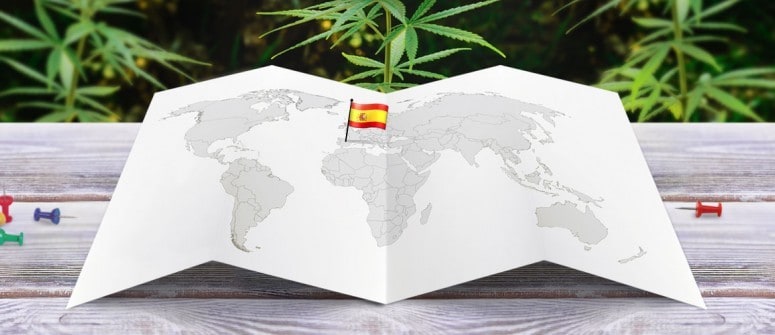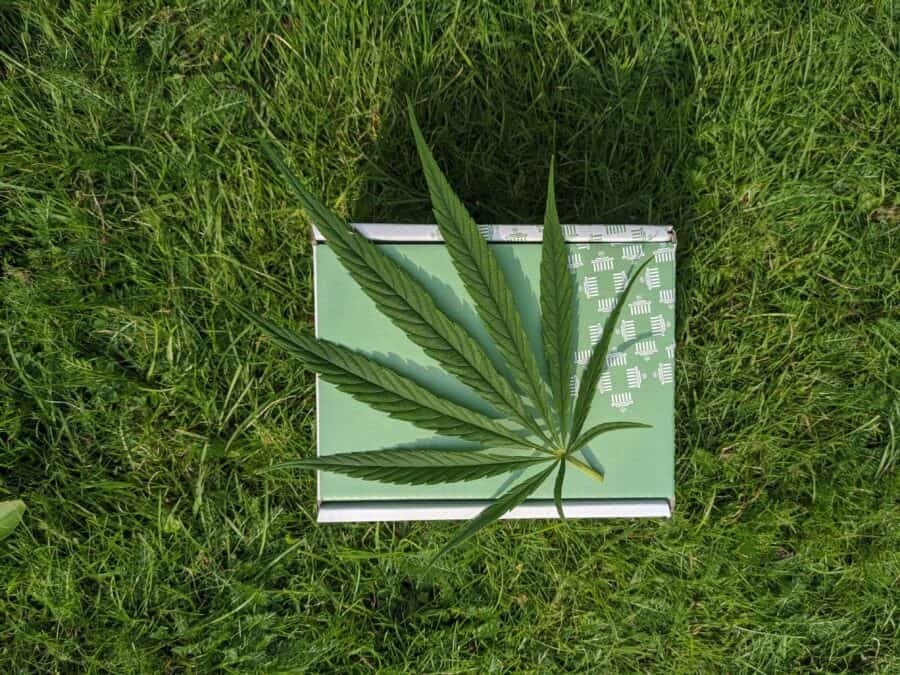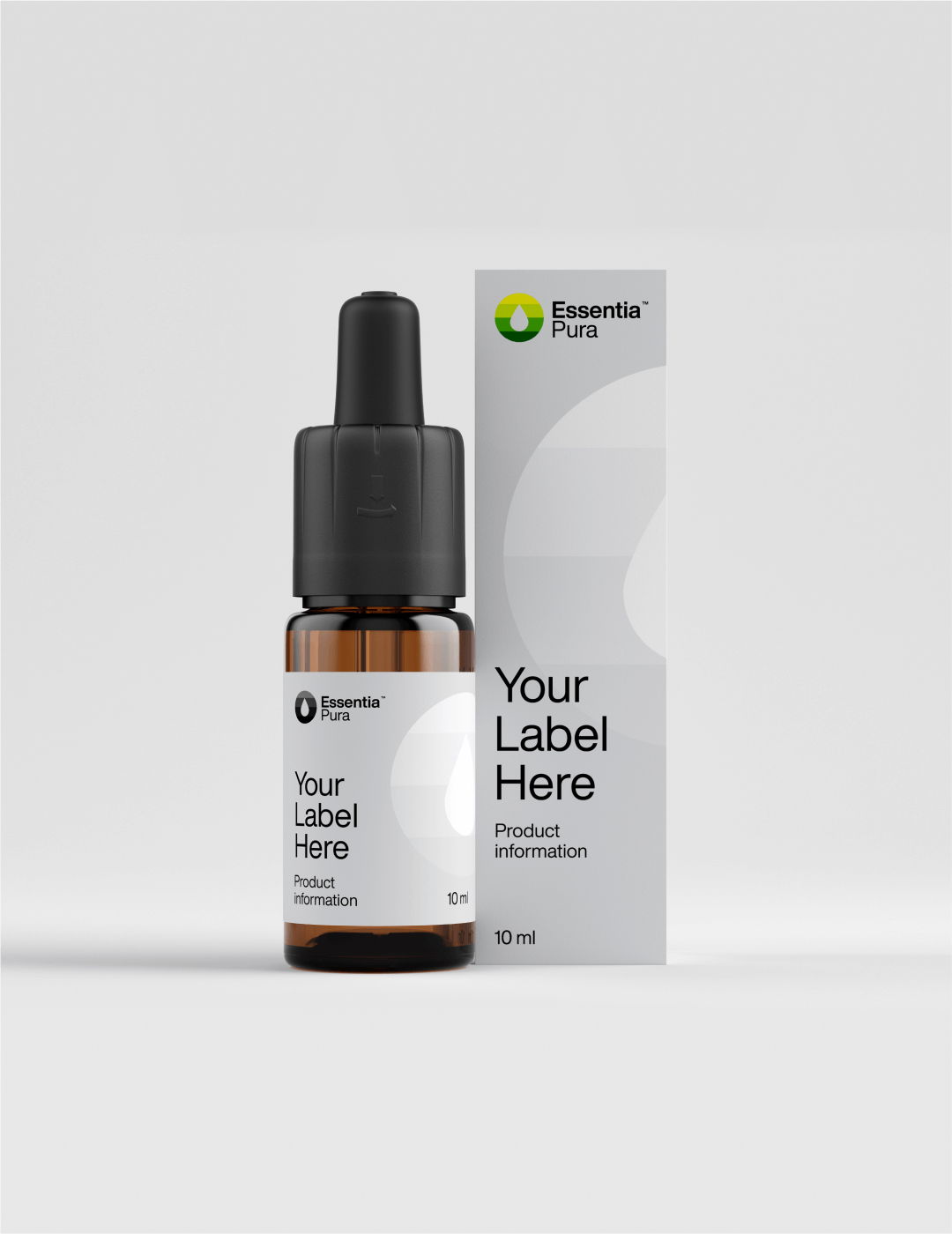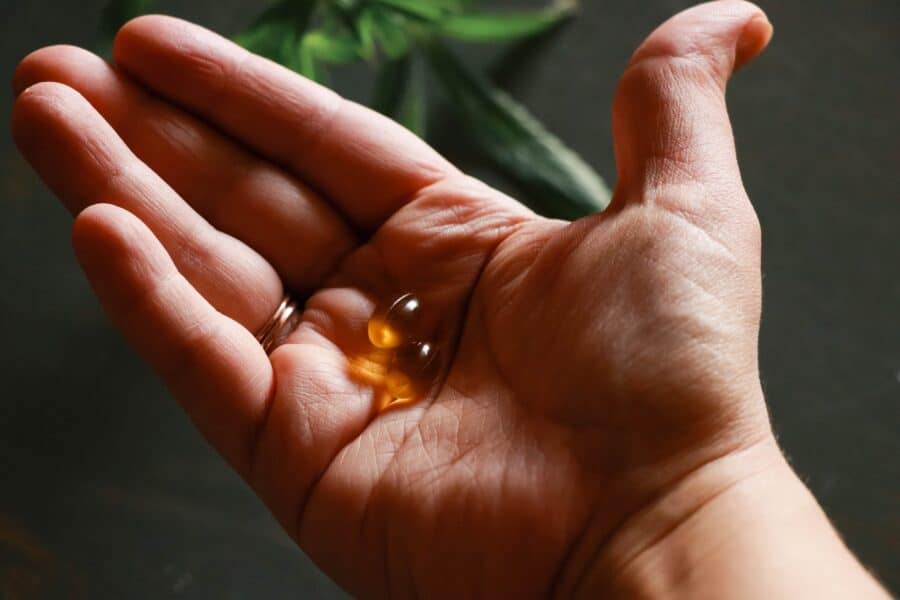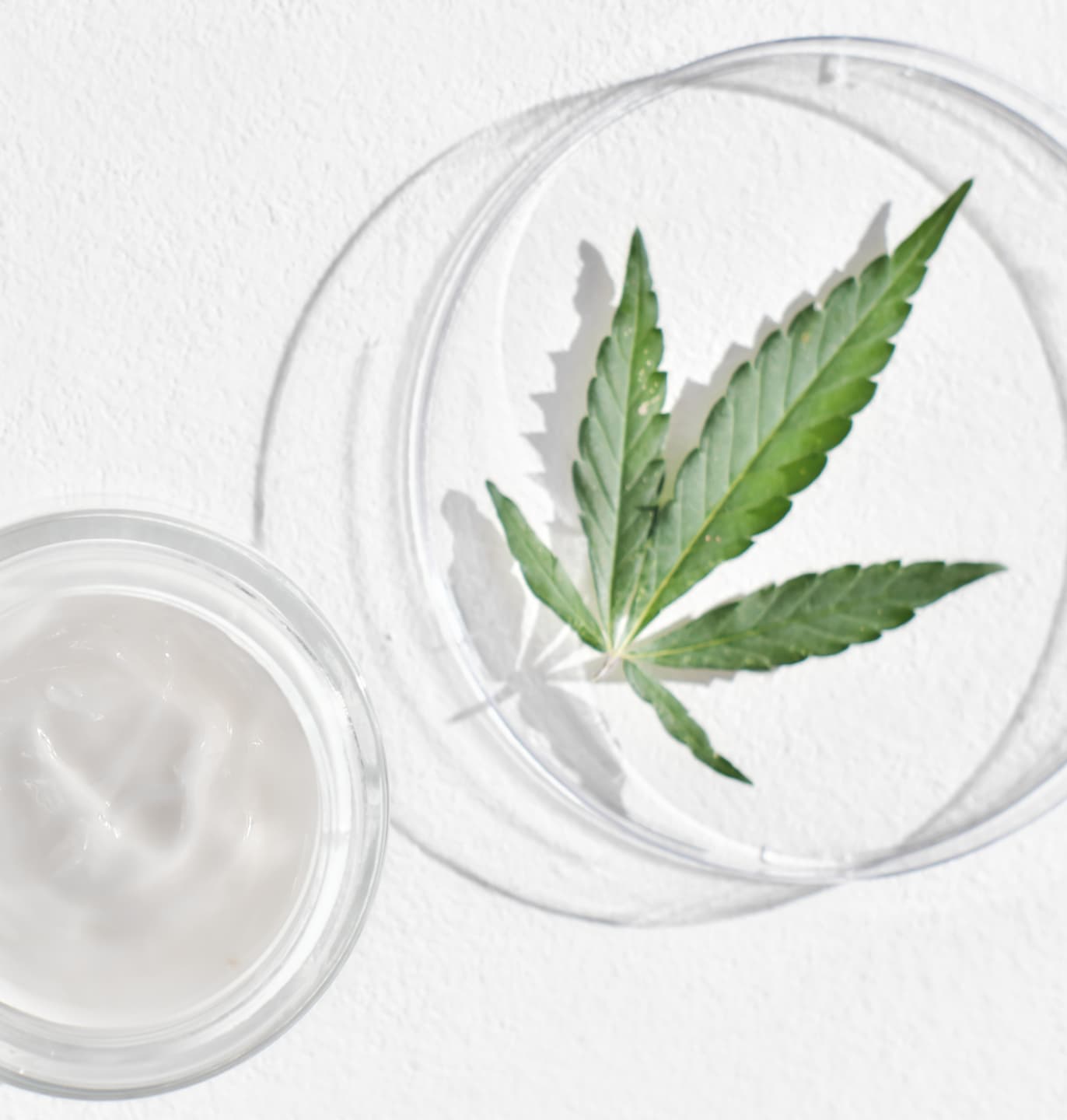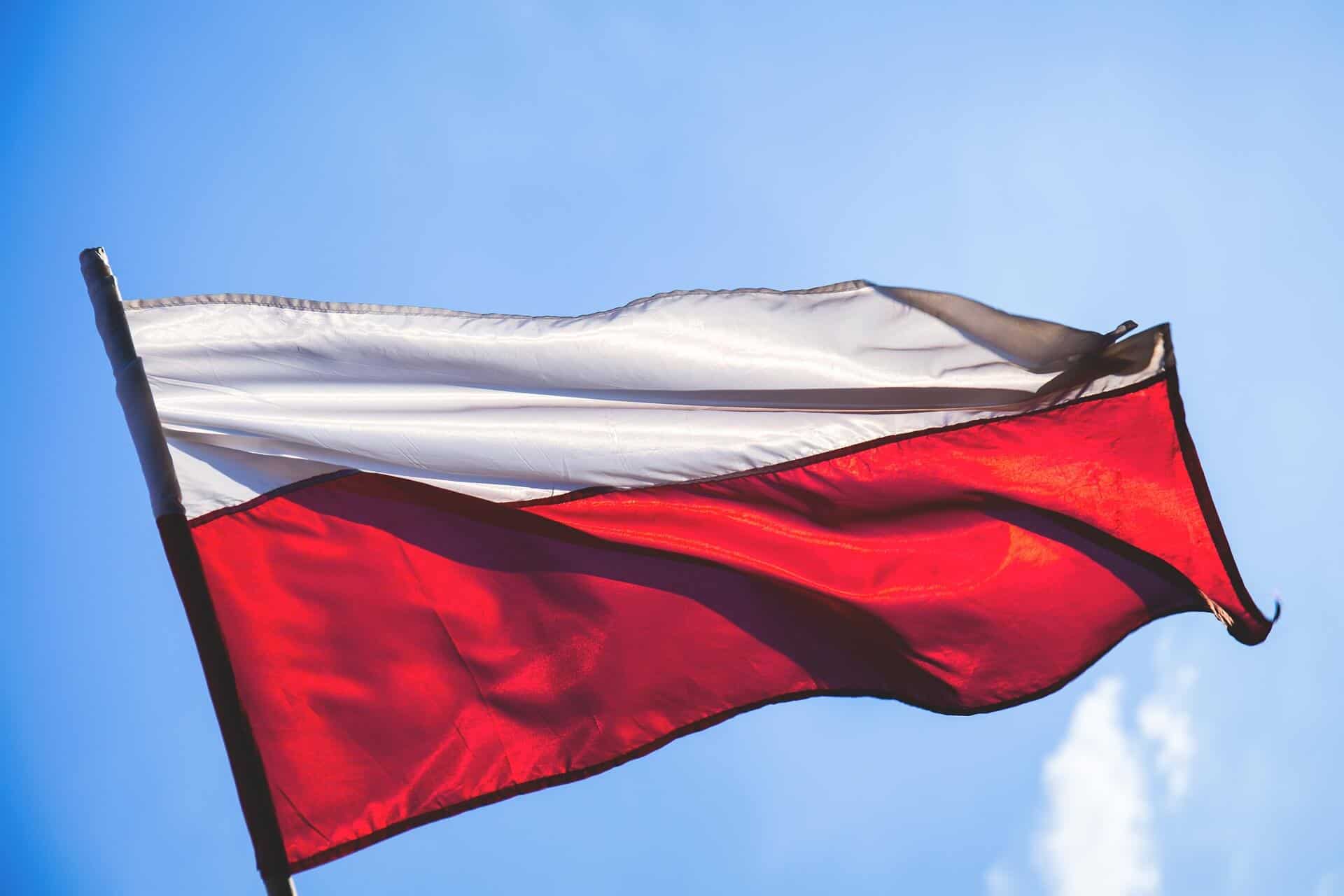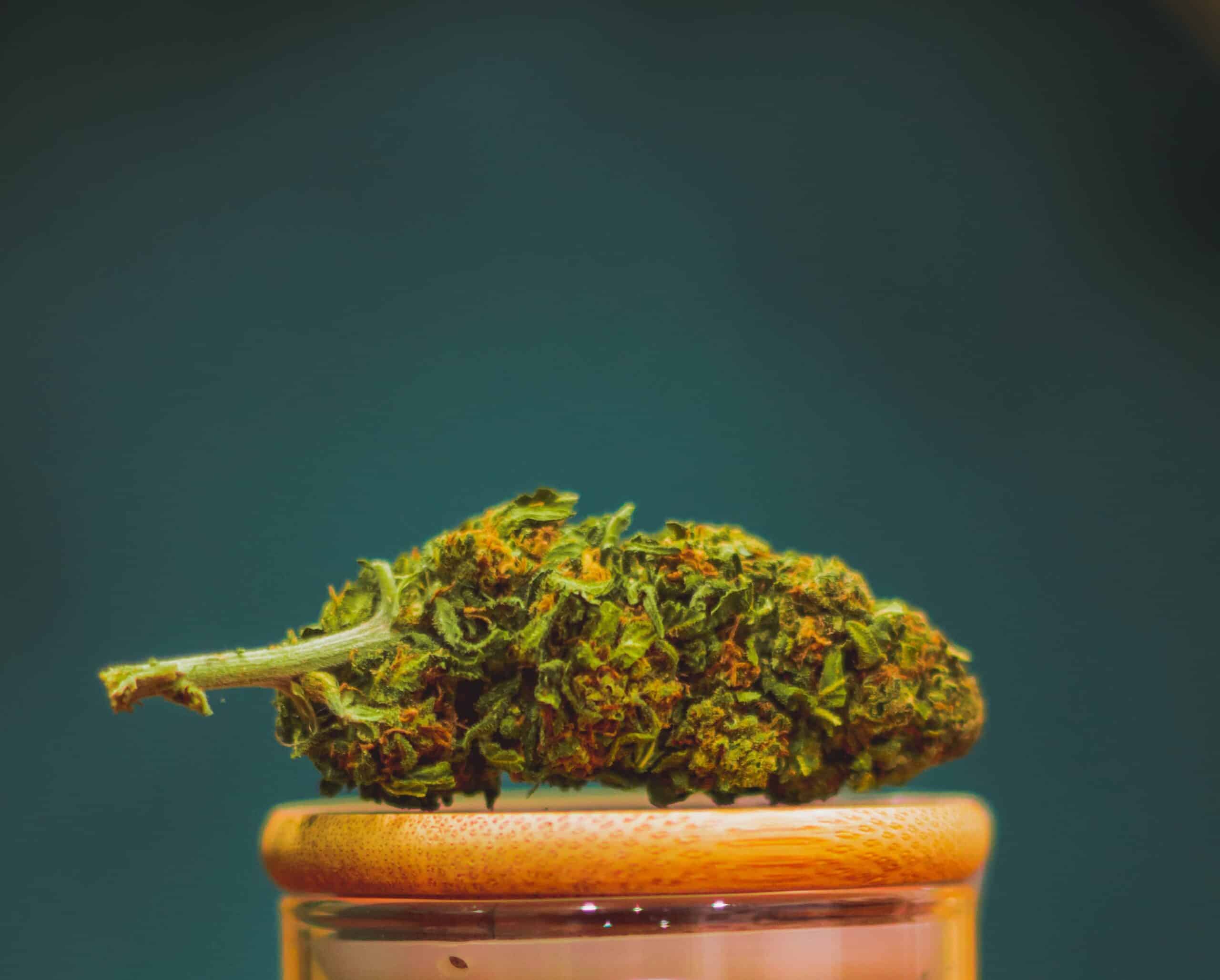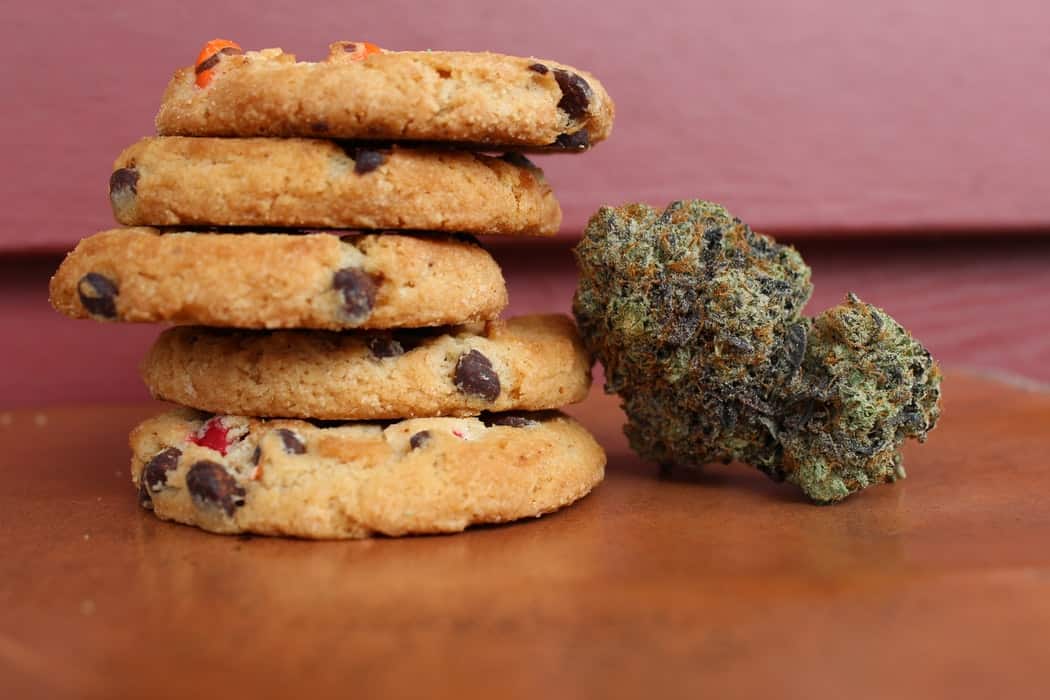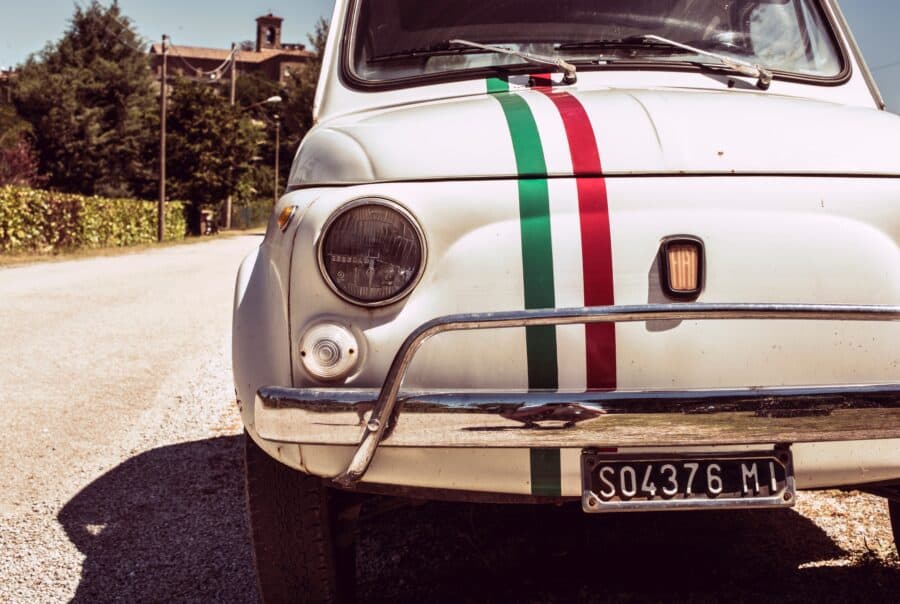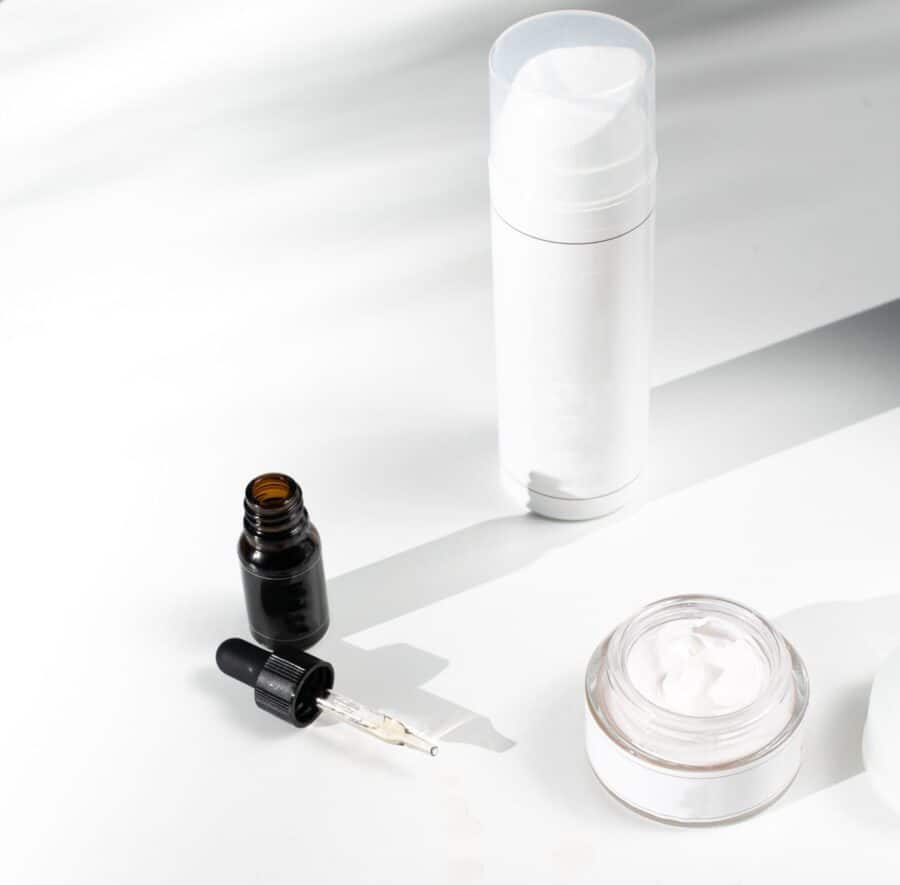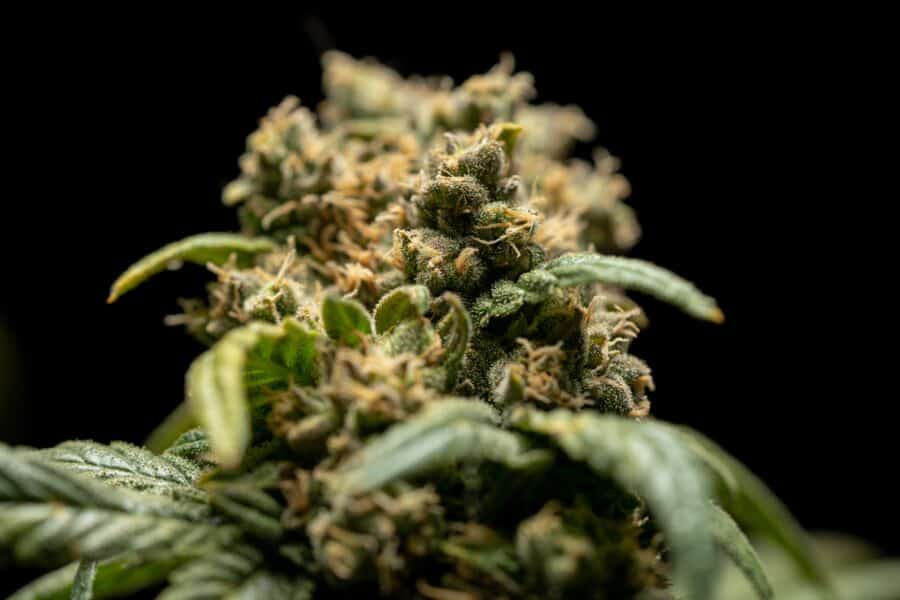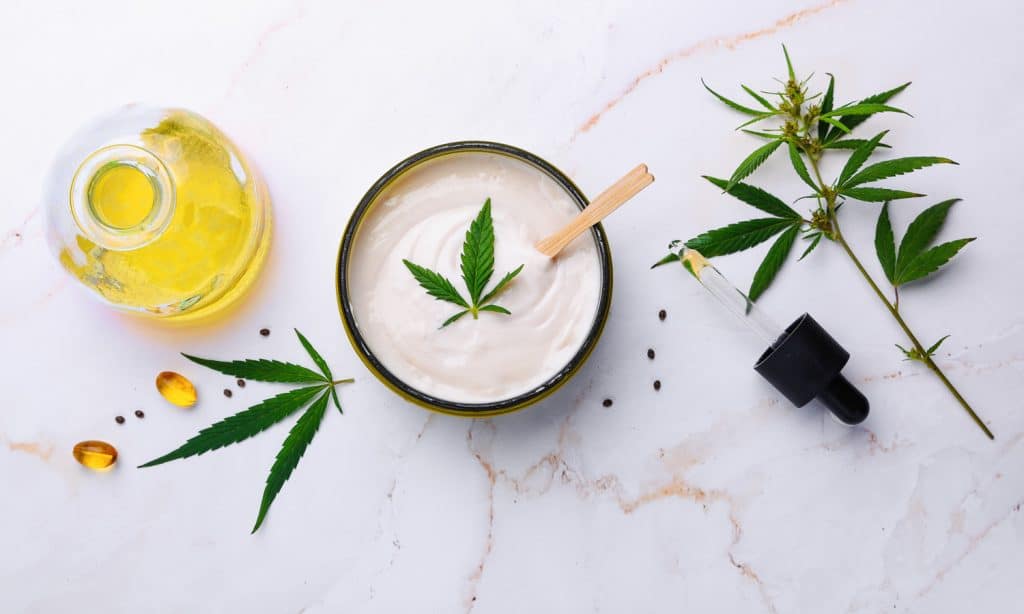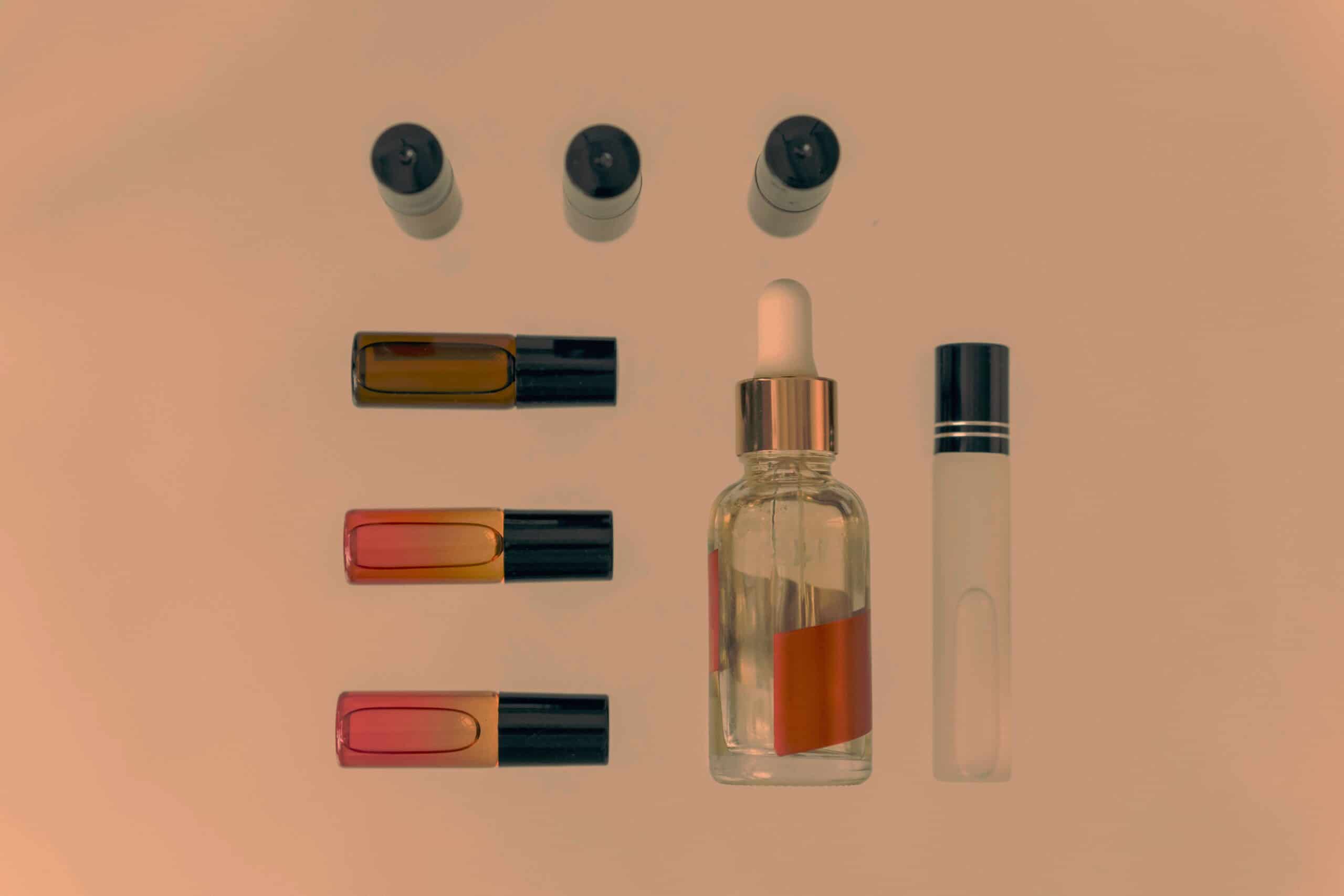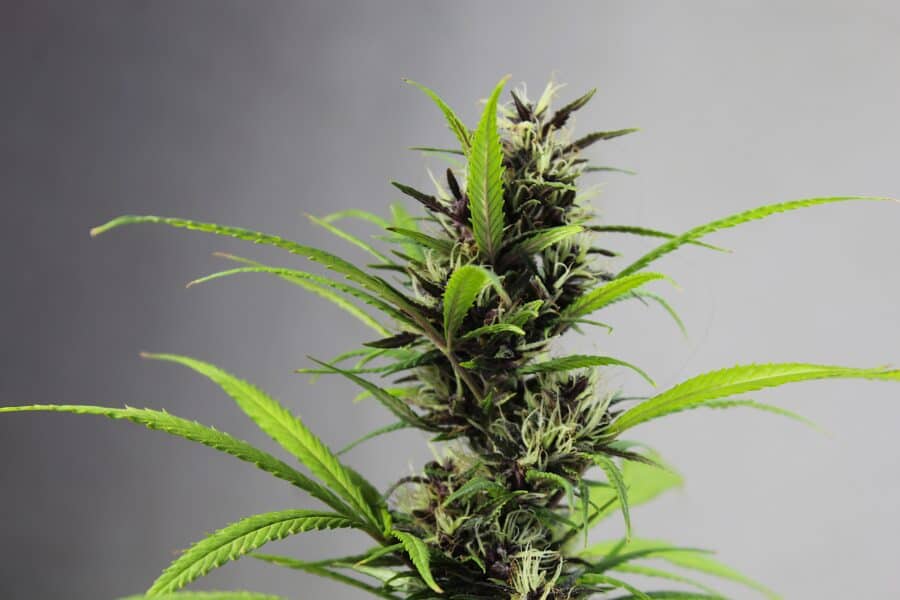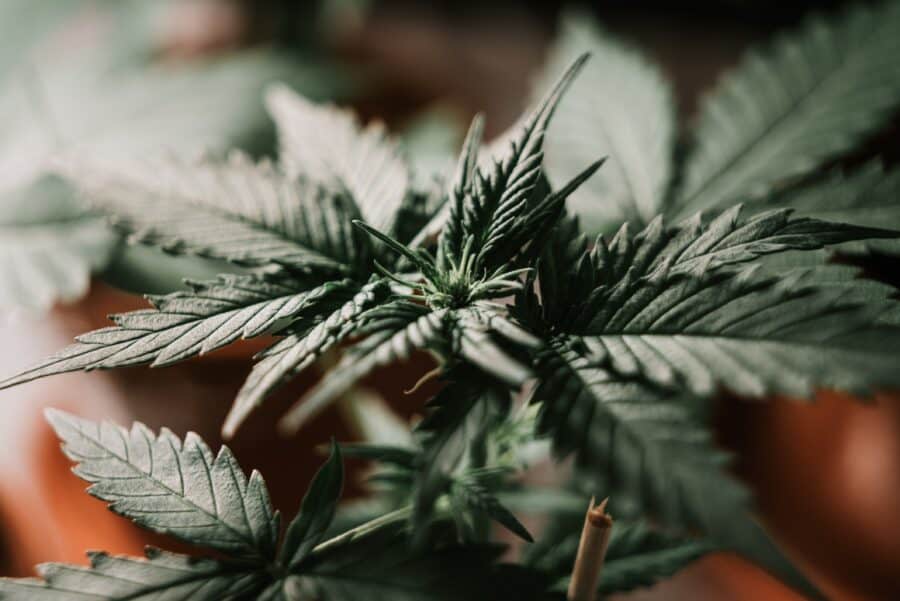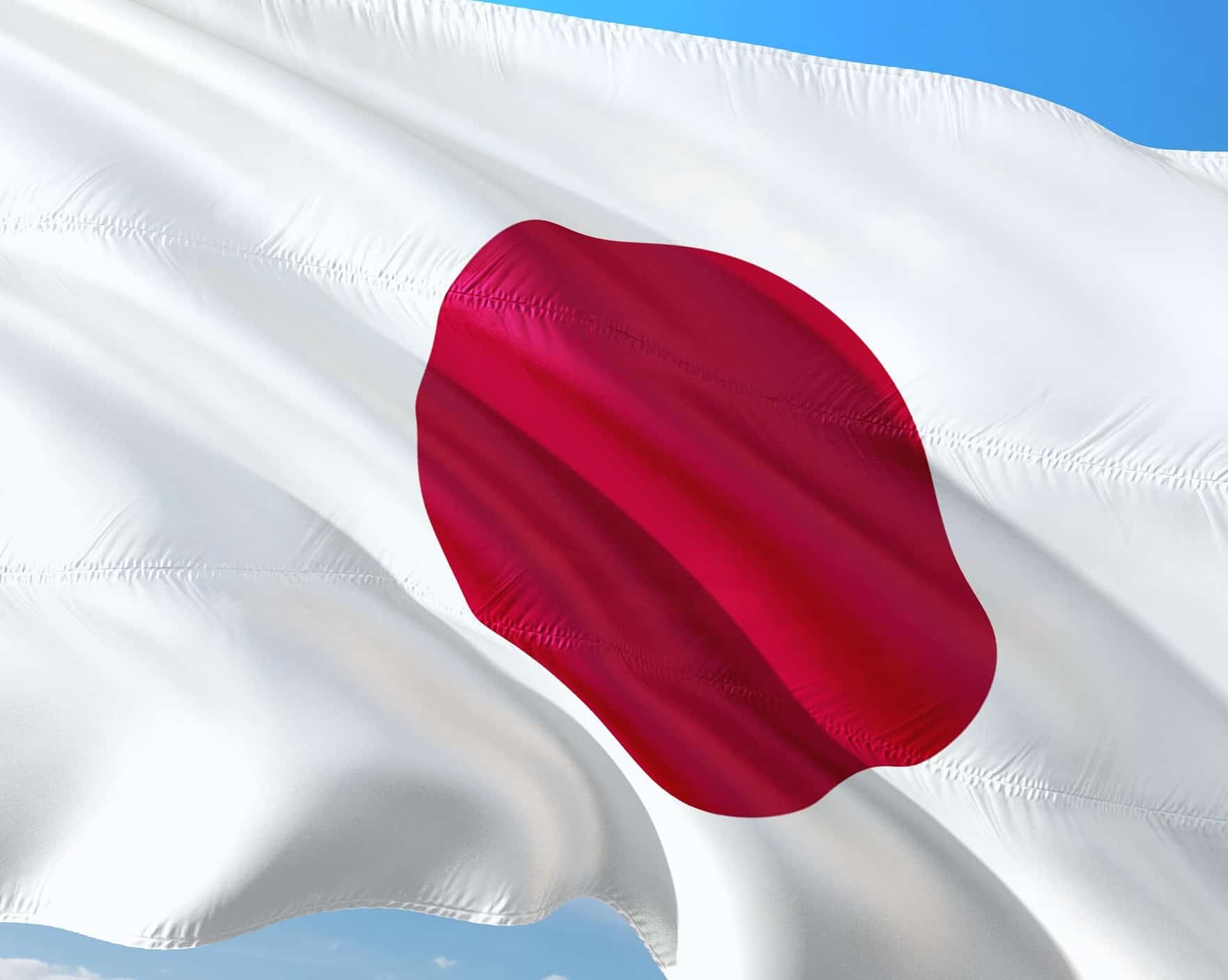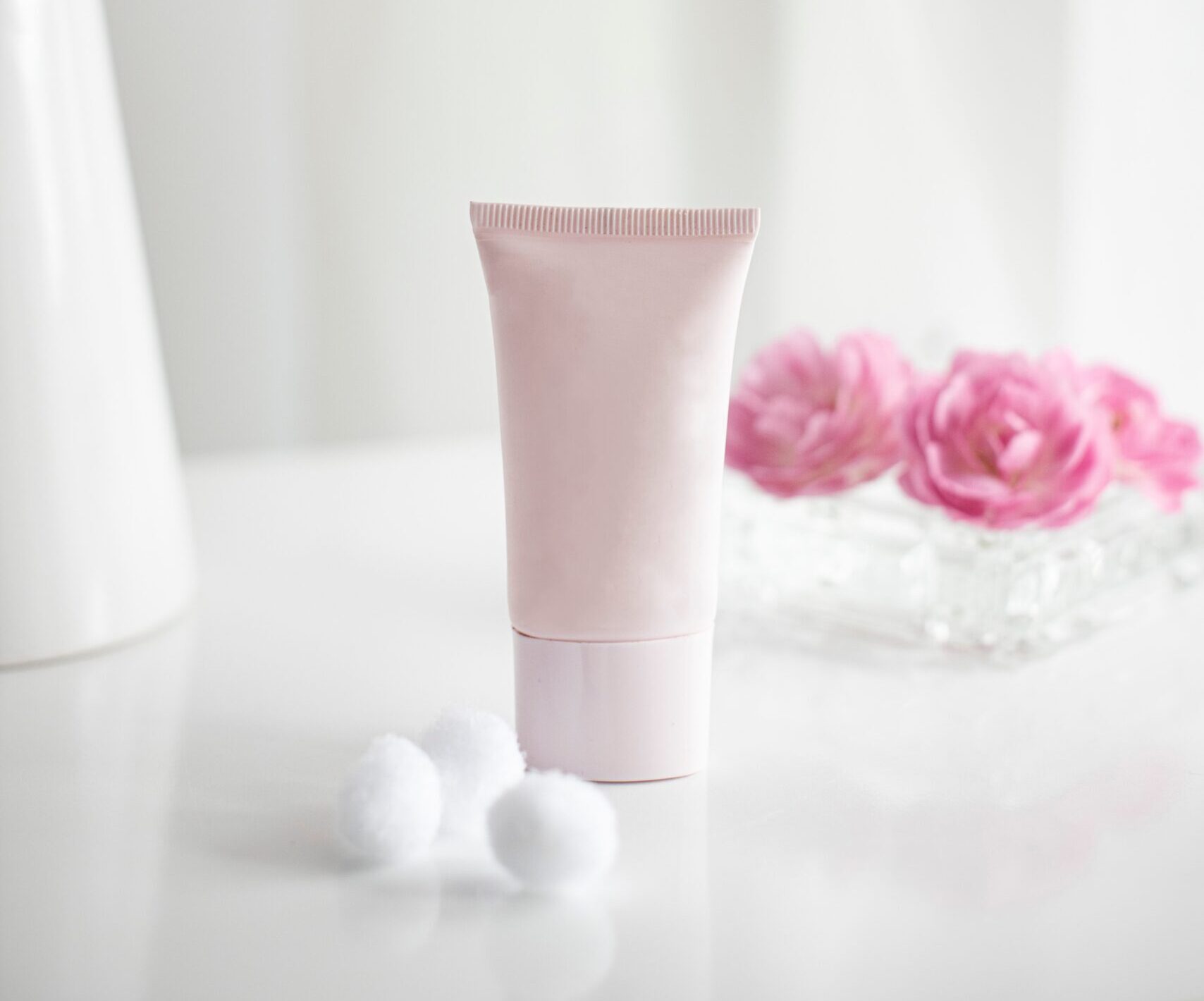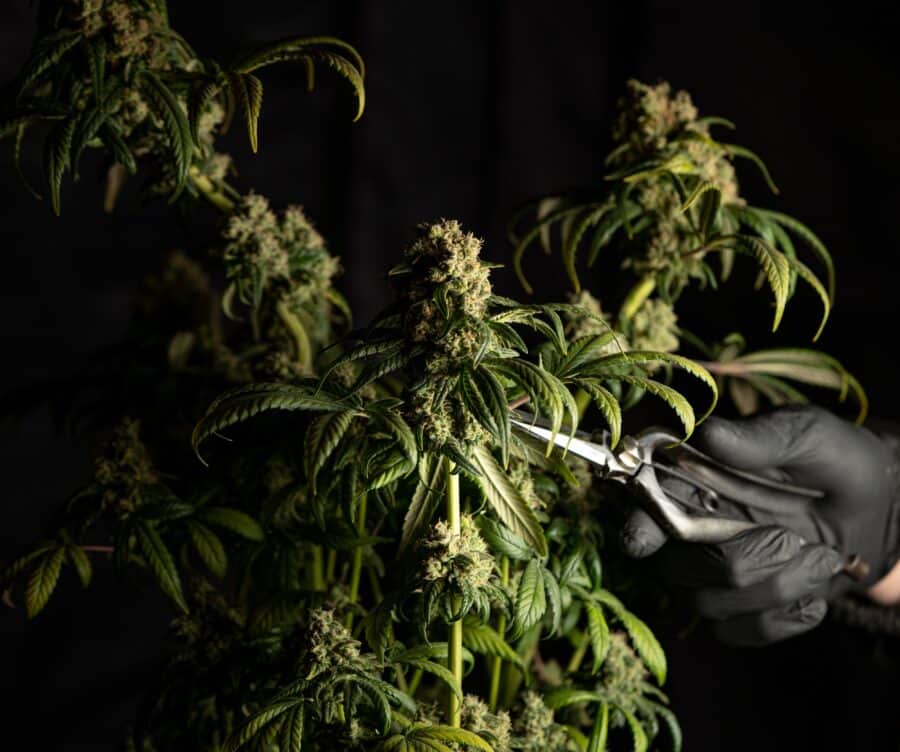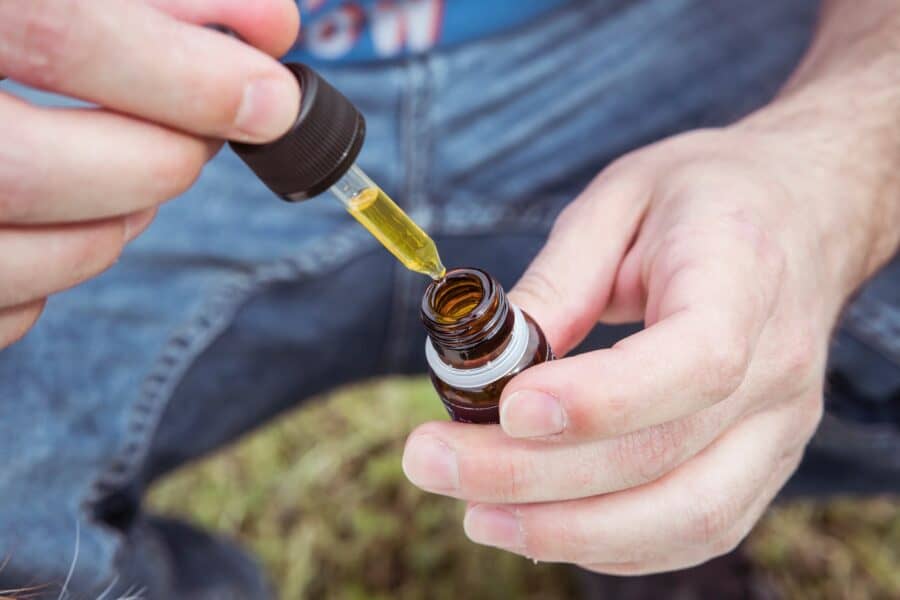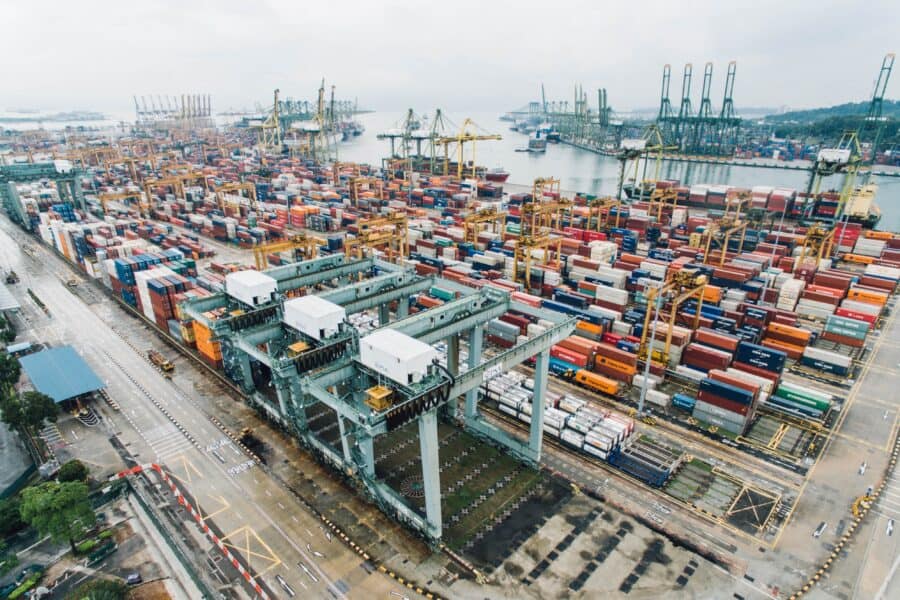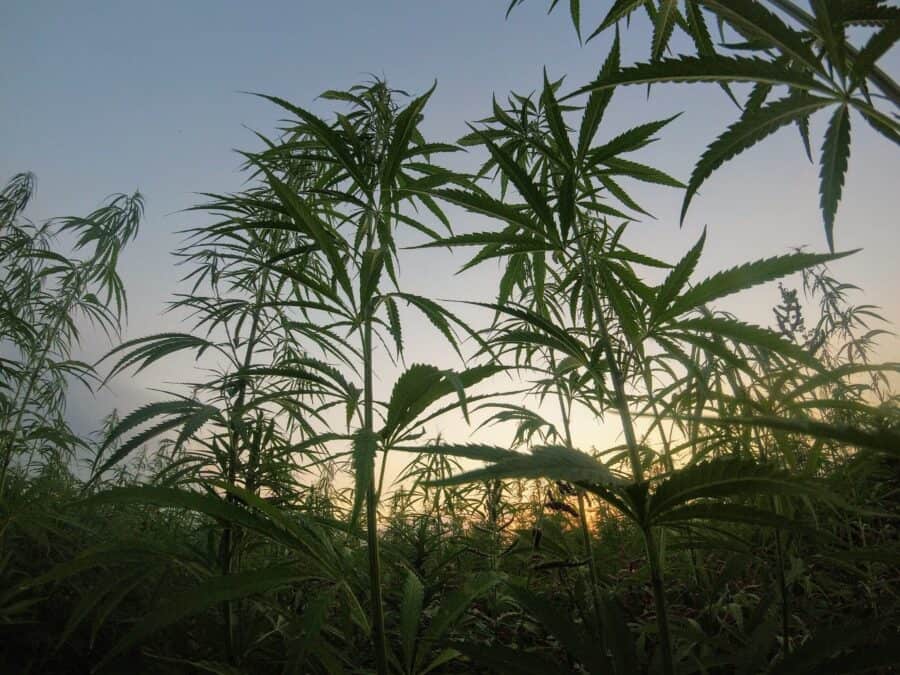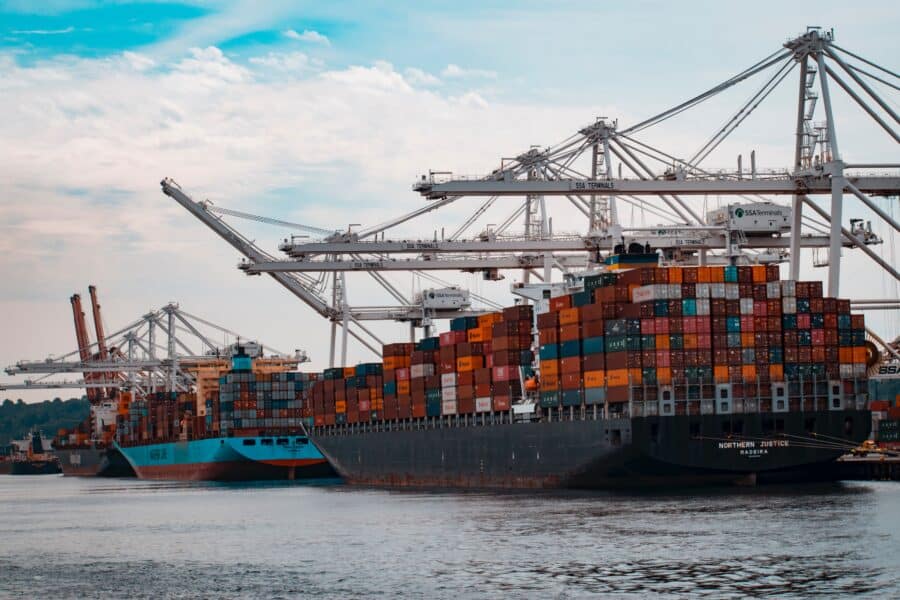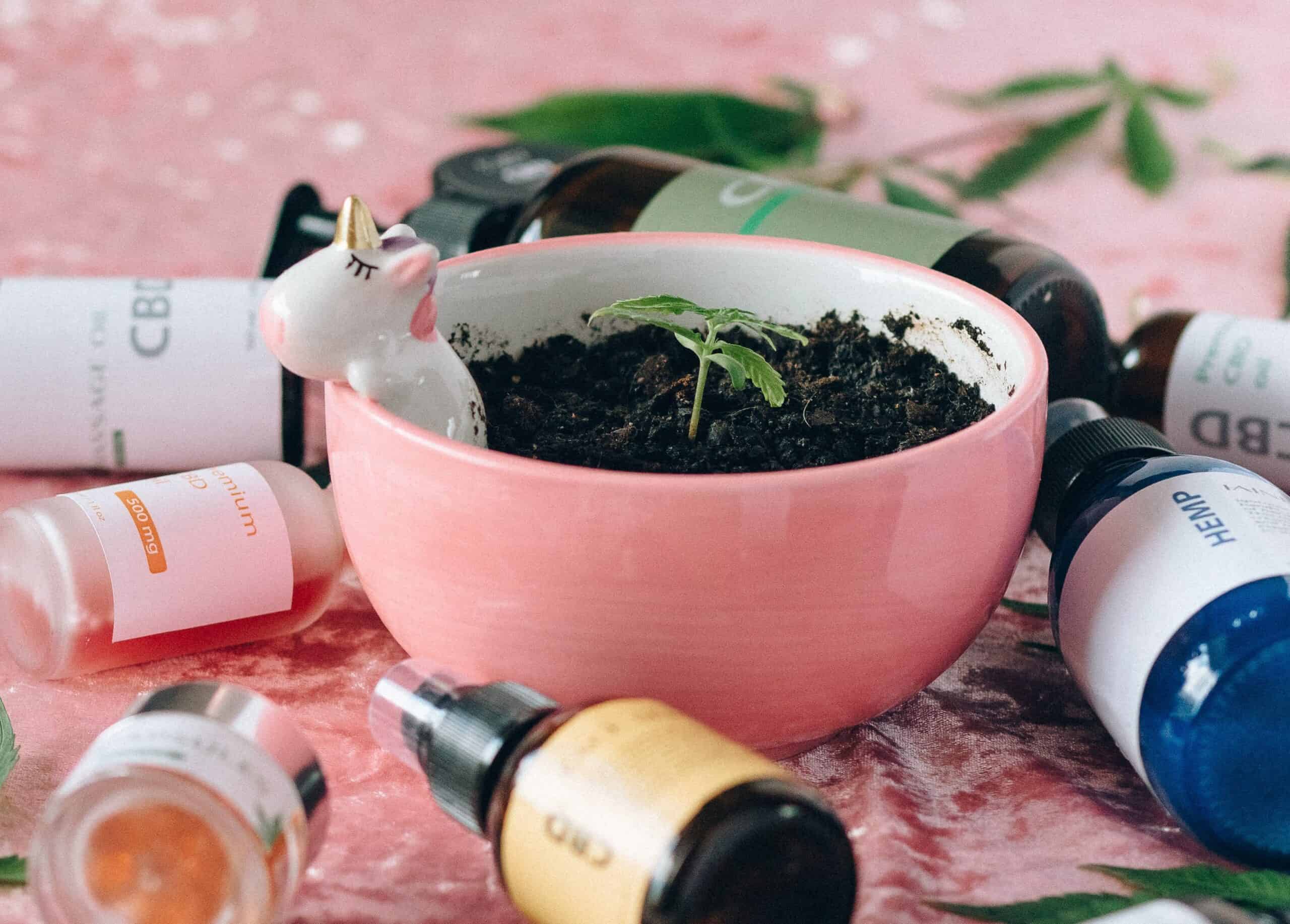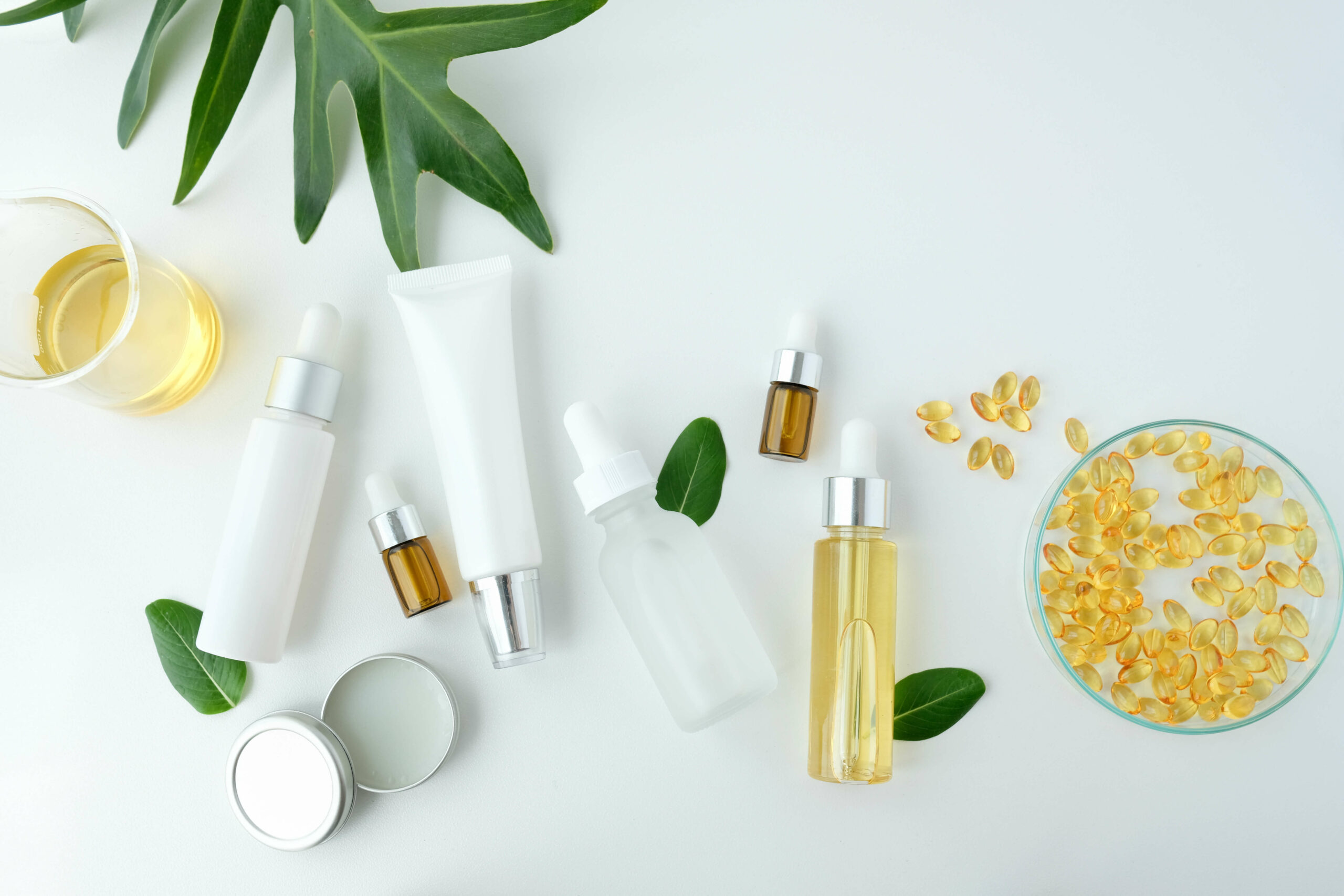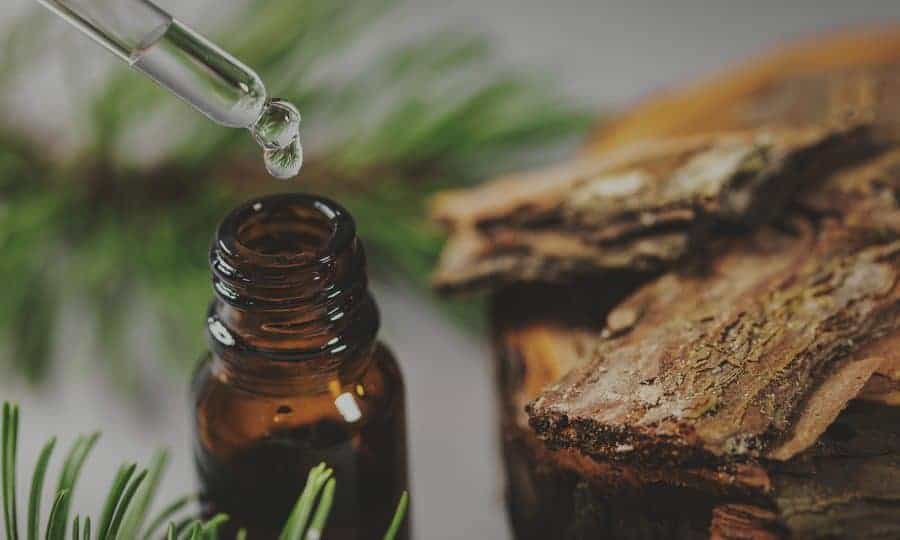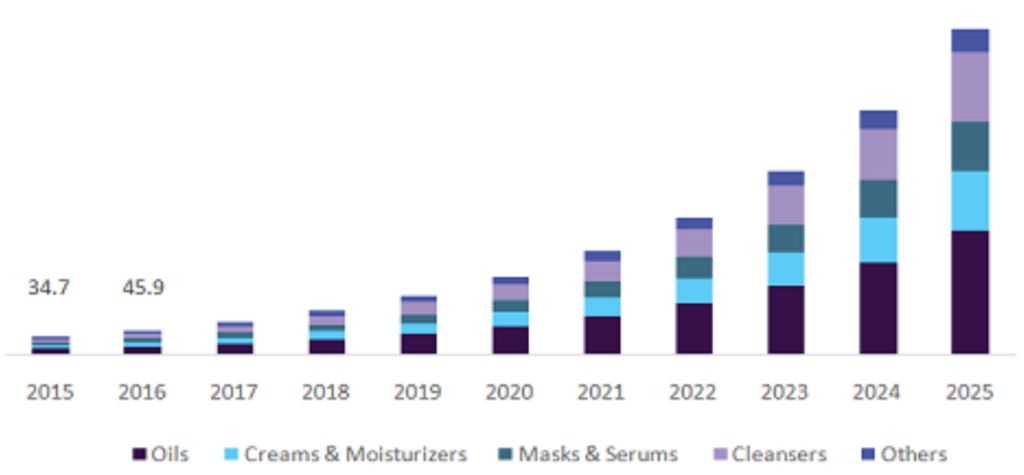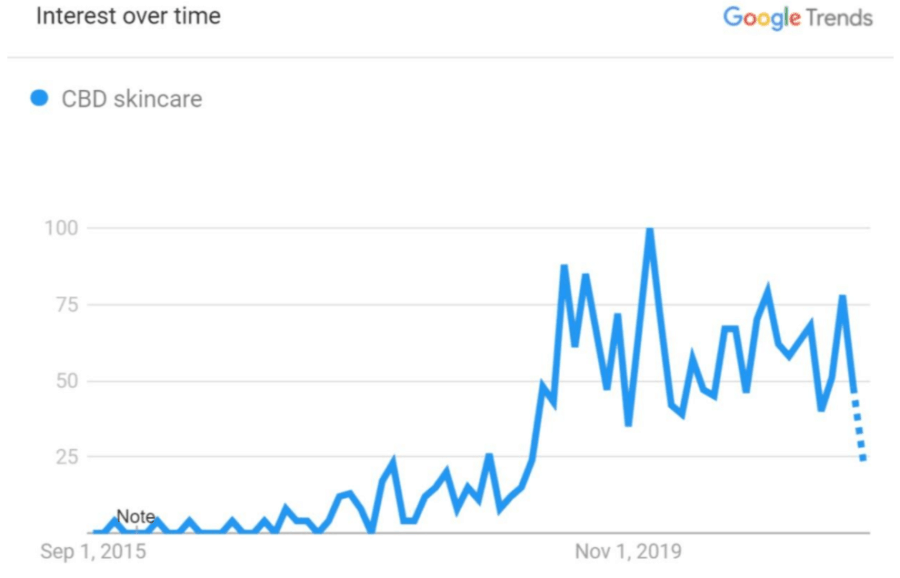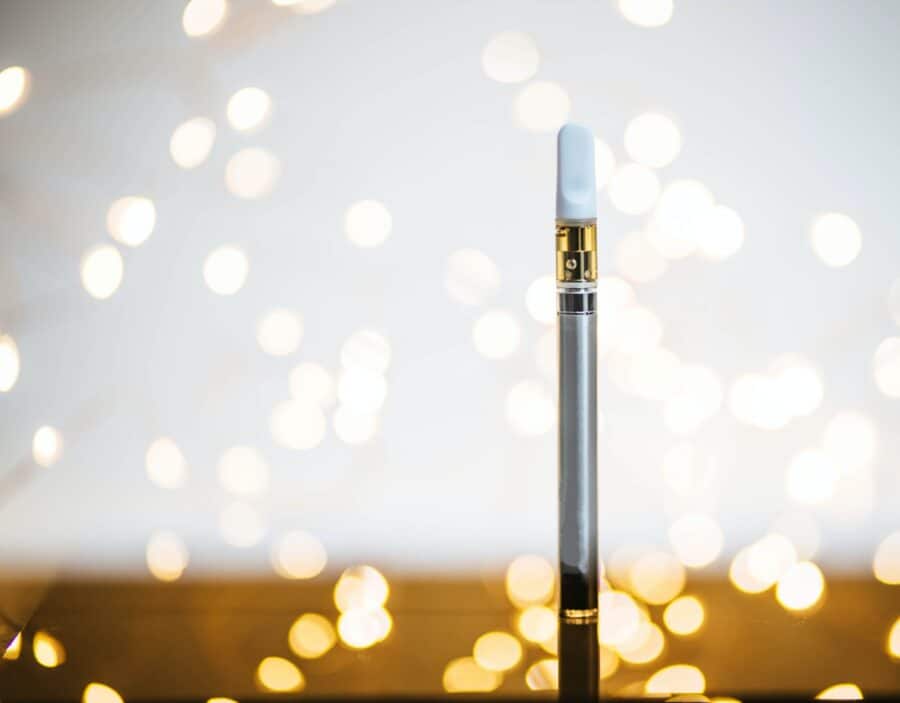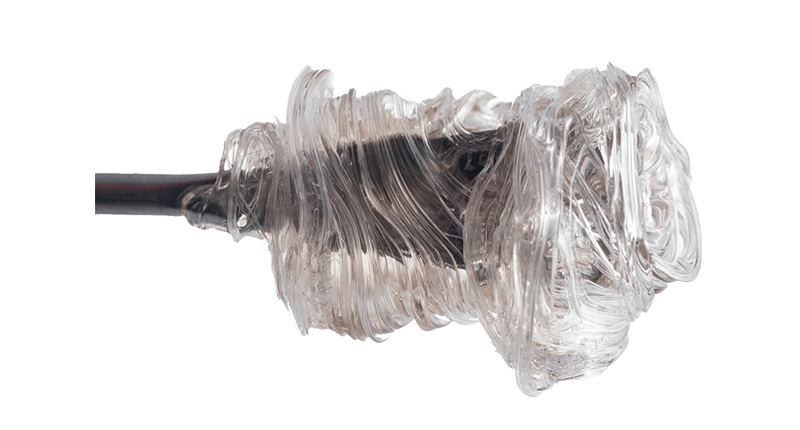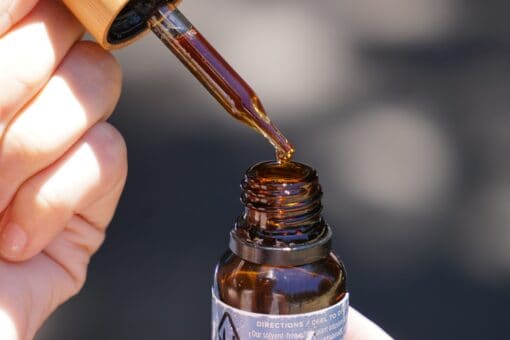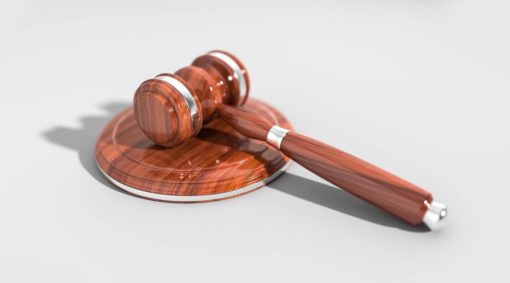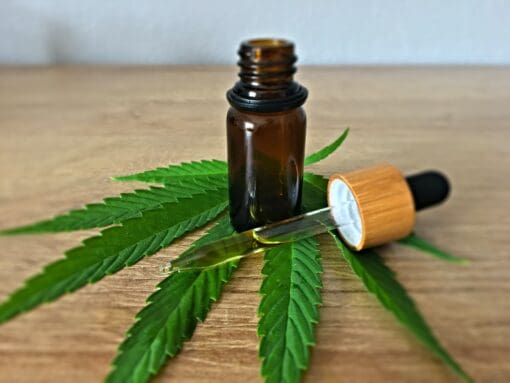Learn What It Takes to Open Up a CBD Café
As CBD gains popularity, it is also opening scope for so many different kinds of businesses like CBD shops, bars, and cafés.
It is good to consider opening a CBD café, as most people visiting the café are health-conscious. Therefore, they may find it interesting if someone offers CBD-infused coffee. Moreover, people often visit cafés, not just to have a cup of coffee, but also to relax a bit.
However, unlike bars, those visiting cafés would like to stay alert. Therefore, they often visit cafés during working hours. Or they might like to have a cup of CBD-infused coffee before closing their working day and relax.
The kind of people who would love to go to CBD café is coffee nerds, freelancers, socially conscious hipsters, anxious ones, those who love socializing, social media influencers, avid readers, or just tea and coffee lovers. All of them would love to have CBD-infused drinks.
How To Open Up A CBD Cafe: Our Comprehensive Guide
CBD café is still a kind of new idea, and very few have taken it up. But, on the other hand, it means that there is much scope for it. However, many people are wary of opening such a café, as they are unsure of how to get started. Thus, we have prepared a comprehensive guide to getting you started and understanding how to open a CBD café.
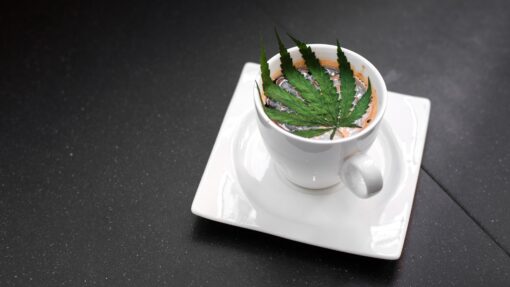
What Is A CBD Cafe?
As already mentioned, this is a special place mainly focusing on young people and individuals looking for a special kind of environment, from freelancers to social media influencers. It is where people predominantly come to have a cup of coffee, tea, or smoothies and some snacks like healthy sandwiches.
Thus, such a place focuses on providing comfortable interiors, a calm atmosphere, range of healthy drinks and snacks.
Step One: Check Whether It’s Legal
Before getting started, ensure that it is legal to open such a café. First, you must ensure that CBD is legal in your nation. If CBD use is still not legally permitted, there is no way that a CBD café may be legal to open.
However, even if CBD is legal, it does not automatically mean that opening CBD café and selling CBD coffee would be legal. Selling CBD products and making CBD coffee are two very different things.
Generally, it is a good idea to confirm the legality of CBD cafés from local authorities. This is essential, as local laws may differ from national laws. Quite often, states, counties, or districts decide if they would allow CBD cafés or not.
There is still a lot of misunderstanding regarding CBD. Many people are unaware that it is quite a different product from marijuana. Some people in authorities still believe that CBD may encourage marijuana use, and so on. So, start by ensuring that CBD café is legal to open in your area.
Additionally, it is good to know that even if CBD café is legal, CBD advertising is mostly not. Not only that, those looking to open such a café must understand that they cannot make any health claims on their menu, promotional materials, or websites. So, yes, there is a lot to be learned before deciding to open a CBD café.
Step Two: Do Your Research
The next step would be to dive deeper into the subject. But, again, it is more about a market survey. You would need to know about the local demand for CBD, CBD coffee, and CBD-infused foods.
There are countries and places where people are still not aware of CBD health benefits, or they are misinformed. Thus, make sure that there is some real demand for the product before getting started.
Learning more about local lifestyle, demographics, and other similar things is also good. For example, opening a CBD café where there are many offices, IT companies, and service centres may be a better idea than in some industrial areas focused on mining.
Step Three: Get Your Bricks & Mortar Together
Once you have done market research, it is time to get ready to open the café. First, it means finding the right location. Then, it means investing in various equipment and also in the interior.
Although opening a café does not require much investment compared to a high-end restaurant, nonetheless, one needs to invest in interior design, furniture, and equipment.
Additionally, make sure that there is a good Wi-fi connection, as many people these days love to work in cafés.
Step Four: Decide on Your CBD Product Range
The final step before getting started is to decide on the CBD product range. This is one of the most critical steps, as ultimately, more so in the long run, how well any business would do depends on the product offering.
CBD Coffee & Tea
A range of CBD-infused coffees and teas is a must. Thus, you can have a regular expresso, latte, or cappuccino, but CBD infused.
Another strategy could be to come up with a completely original range of products like coffee or tea for relaxing, energizing, and so on. For example, one may infuse teas with different herbs like lavender, peach, berries, peppermint, and more.
Where can I buy CBD coffee & tea
Here again, there are two options. The first option is to buy CBD-infused coffee and tea that is ready to make, and you have to do nothing. Instead, you can prepare them like you would make a regular coffee or tea.
For example, you can buy CBD-infused coffee at natures health box in the UK. Similarly, one can purchase various CBD-infused teas, and they come in many flavours like that with lemon, ginger, lavender, chamomile, rose, and other herbs.
However, if you are serious about the quality of your products, it is much better to buy CBD in bulk. One can readily buy CBD isolate (pure CBD), which is either lipid or water-soluble.
One of the problems with buying CBD-infused coffees and teas is that then you have little control over the quality of tea or coffee you are serving in your café. Moreover, these ready-made solutions, that is CBD infused coffee or teas, have very minute amounts of CBD, which may not do much good to the client. Additionally, some of these teas and coffees may not be of the quality that you and your clients are used to.
Thus, it is a much better idea to come up with a range of coffees and different herbal teas and then just add CBD to them. This way, you would know the exact dosage of CBD that goes into each cup. Not only that, you can then offer tea or coffee with different amounts of CBD. Your clients would find such an offer much more attractive.
CBD-Based Edibles
The café would generally have many snacks like sandwiches, muffins, pastries, doughnuts, and more. You also offer CBD-based edibles. CBD edibles are pretty easy to make. You prepare these things as usual, but add CBD oil or CBD isolate to these items.
Here it is vital to understand that since you add just a few milligrams of CBD isolate or a few drops of CBD oil to each food item, it will not result in any changes in the flavour of those foods. So people would be able to experience the benefits of CBD but enjoy the taste or flavours of their favourite snacks.

What Are Some of The Common Pitfalls with CBD Businesses?
When getting started with a CBD business or CBD café, here are a few pitfalls to avoid:
- Ignoring the legal side of the business: It may happen where CBD is completely legal and readily available. This may make some people think that they can just buy CBD oil and add it to their foods. However, laws regulating cafés differ. Therefore, if CBD is legal, it does not essentially mean that the law allows you to open a CBD café or sell CBD-infused tea or coffee.
- Making health claims: Remember that you are opening a café and not some clinic. So never make any health claims about your products, foods, or drinks. Instead, focus on experience, like tea with lavender and CBD to help you relax or lemon tea with CBD for refreshing your mood.
- Being unclear about the target audience: Generally, young professionals, students, geeks, and freelancers, love going to cafés. However, lots would depend on the location of your café. So, keep in mind what audience you are targeting.
- Not considering local culture and influences: Although there are lots of similarities in cafes in different locations. Nonetheless, food preferences vary. So what works in London may not essentially work in Athens.
- Copying competitors: By copying some popular café, you get some or even no results. However, remember that at the end of the day, the secret to success is how you can differentiate your business from others. Thus, the key word here is “differentiation”.
- Ignoring online marketing: Many people wrongly think that if they are opening a brick-and-mortar store or café, online marketing is not that relevant. However, local online influencers can bring loads of business. These days people first check online reviews before going anywhere.
Still With Us? Here’s Some Inspiration from Around the World
Now that you know all the ins and out of getting started, you can look at the different online sources for inspiration. Learn what others are doing, how they are running their CBD café, what kind of products they are offering, and how they promote their business.
You can check out the information about some of the best CBD cafes in Vienna. Or here is a website to explore places that serve CBD-infused food and drinks in London. Or get your dose of inspiration from restaurants in France, where you can eat CBD.
If you have decided to go forward and open a CBD café, we can provide you with CBD in bulk to add to your foods and drinks.
